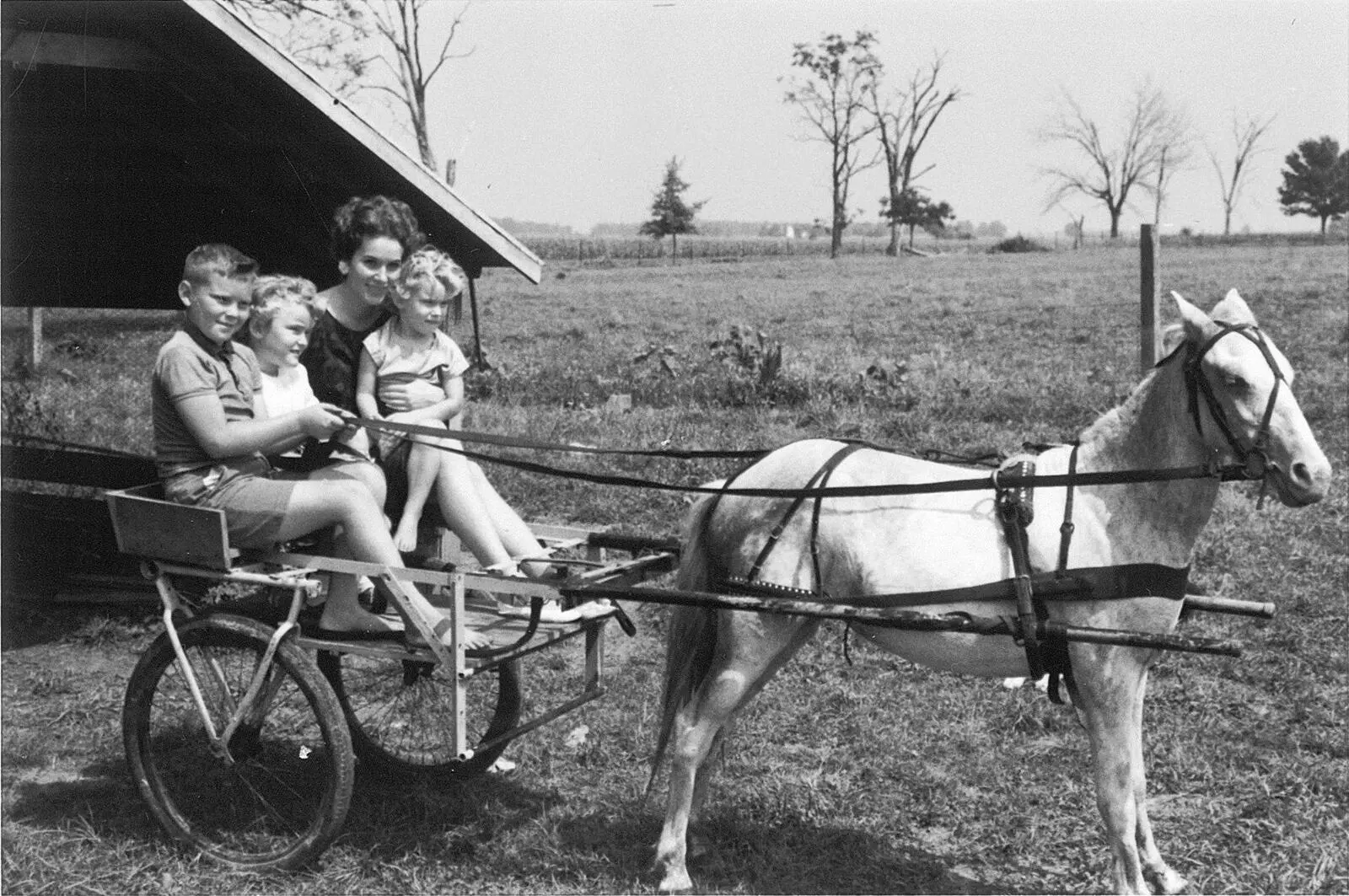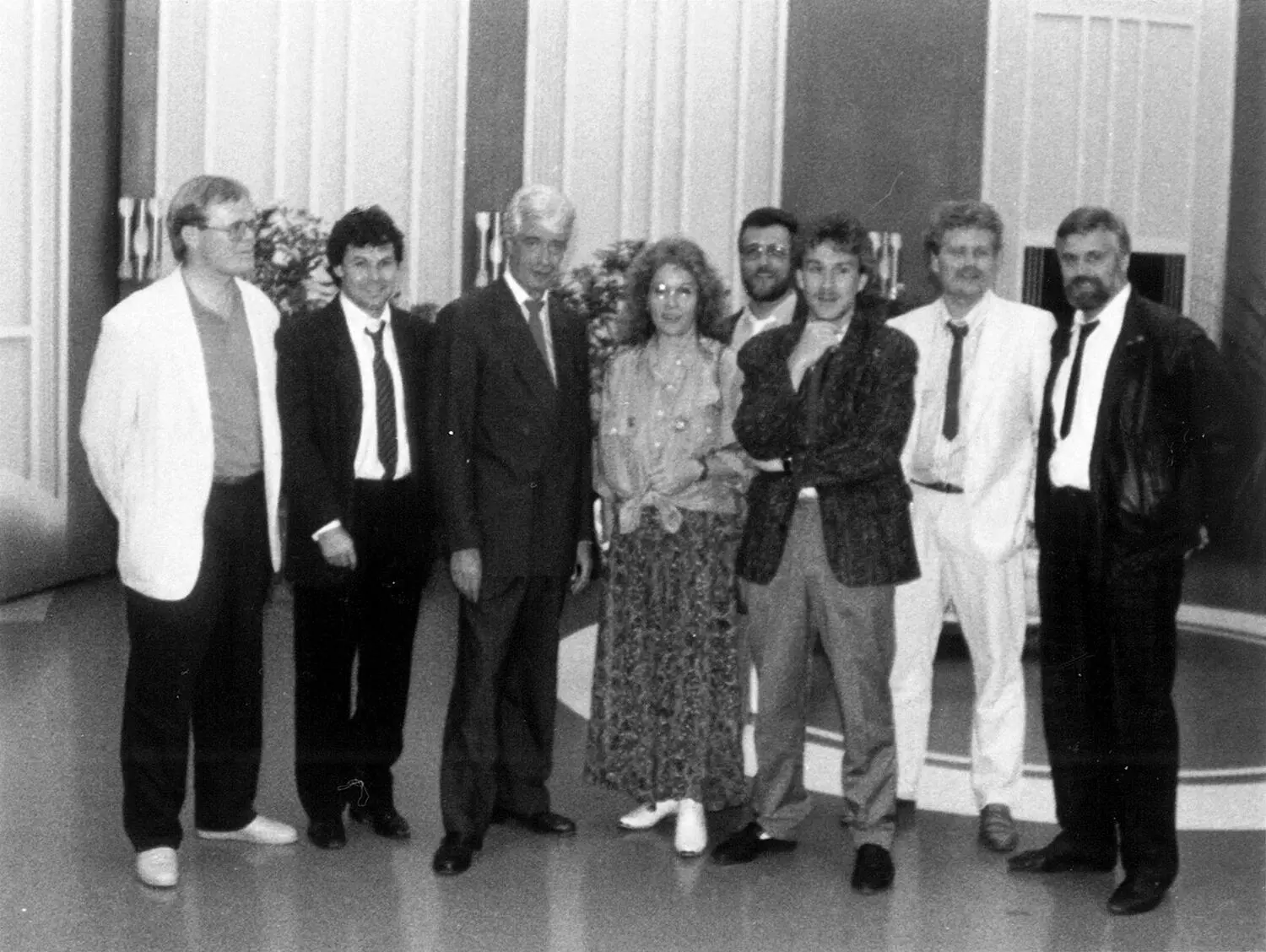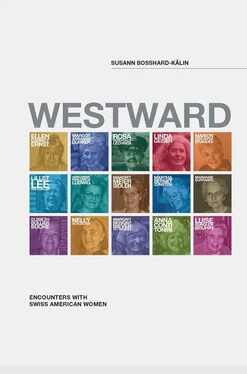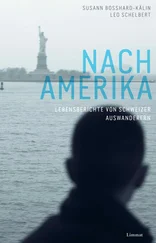Leo Schelbert - Westward
Здесь есть возможность читать онлайн «Leo Schelbert - Westward» — ознакомительный отрывок электронной книги совершенно бесплатно, а после прочтения отрывка купить полную версию. В некоторых случаях можно слушать аудио, скачать через торрент в формате fb2 и присутствует краткое содержание. Жанр: unrecognised, на английском языке. Описание произведения, (предисловие) а так же отзывы посетителей доступны на портале библиотеки ЛибКат.
- Название:Westward
- Автор:
- Жанр:
- Год:неизвестен
- ISBN:нет данных
- Рейтинг книги:3 / 5. Голосов: 1
-
Избранное:Добавить в избранное
- Отзывы:
-
Ваша оценка:
- 60
- 1
- 2
- 3
- 4
- 5
Westward: краткое содержание, описание и аннотация
Предлагаем к чтению аннотацию, описание, краткое содержание или предисловие (зависит от того, что написал сам автор книги «Westward»). Если вы не нашли необходимую информацию о книге — напишите в комментариях, мы постараемся отыскать её.
Westward — читать онлайн ознакомительный отрывок
Ниже представлен текст книги, разбитый по страницам. Система сохранения места последней прочитанной страницы, позволяет с удобством читать онлайн бесплатно книгу «Westward», без необходимости каждый раз заново искать на чём Вы остановились. Поставьте закладку, и сможете в любой момент перейти на страницу, на которой закончили чтение.
Интервал:
Закладка:
In her private life at that time Linda was happy – and yet not really happy, as she recognizes in retrospect. “I imagined that getting engaged and then married would follow. I was very fond of Jürg Federspiel, an author, who was just becoming famous, wrote his first books, and worked as a journalist and theater critic for several newspapers. He was horribly jealous and felt that on stage I had kissed a colleague for too long.
“This led to a huge fight. I didn’t understand him and I no longer understood myself. Not just because of this incident. I believe I was in love with being in love rather than in love with Jürg.
“And then I suddenly realized that I did not want to get into a marriage that came with three bottles of red wine per day. So I broke up; my parents were very happy. They had also seen that I was not able to deal with his difficult temperament. Our friends accused me of having broken his heart forever. But thank God, that wasn’t true! In the course of his life he went on to meet several wonderful women and he has a wonderful son. I am friends not only with his family, but his ex-wives and ex-girlfriends, too. They remain a part of my life even after Jürg unfortunately died a few years ago.”
Love led Linda down unusual paths. “At the ticket counter of the Schlosspark Theater in Berlin a young man who was right ahead of me was, in my estimation, an American. He didn’t understand what the woman at the counter was trying to explain to him. I intervened and helped him get a seat right next to me for the sold-out performance of Genets The Balcony . He felt obliged to strike up a conversation; his name was Peter Mayer, and I found out that he was a student at Berlin’s Free University intending to write a dissertation about Klee and Kafka. I told him that I knew Klee’s son Felix who was a producer at Radio Bern.
“Peter spoke a funny broken German. His parents were originally from Essen and had emigrated via London, where Peter was born, to New York. After the performance we already were almost friends. He asked me to drive his car from the city’s edge to downtown; he would take me on his motorbike to the car. Thus at midnight on the backseat of his Lambretta I clung to a man who had been an utter stranger to me just a few hours before and then followed him in is blue Volkswagen in the direction of Berlin-Center. Crazy…!”

Linda visits her Anabaptist relatives in Dover, Ohio. (1961)
This was the beginning of a great love story and a life-long friendship. “We enjoyed the life in Berlin before the Wall. And I sent Peter for his studies on Paul Klee to [Felix] Klee and said he could stay with my parents. They felt the young American was very nice. Peter returned to New York and I followed him in 1961 after I had played Lisi from Ziberlihoger after the novel Annebäbi Jowäger by Jeremias Gotthelf.
“Upon arriving I told him right away that I hadn’t come to marry him, but rather because I found that we were the ‘couple of the century’ in the sense that Jean-Paul Sartre and Simone de Beauvoir were a couple. I did not need a swimming pool nor was I truly keen on having children. Already as a young girl I had the strange idea that I would die if I had to give birth to a child. This is a fixed idea that is still with me today.”
For the first few months the couple lived in an apartment in the East Village. “At that time New York was a city without money, a bit run down just like Berlin. Not bombed out, but also rather shabby. We lived between Avenues C and D in Alphabet City on the Lower East Side.
“The area was fairly Jewish then and also Ukrainian. Our neighbors had numbers from concentration camps on their arms; across the street a rabbi had his schul ; and on the first floor of our house they baked bagels. I attended the acting school in the West Village to learn to act in English. I was the ‘key student’ in the class of Herbert Berghoff; this meant I was keeping the log and this allowed me to attend the school tuition-free. Later I also had lessons with his wife, the famous Uta Hagen.
“The young women in class envied me for my boyfriend. Peter was handsome, and it was unusual that I cohabited with him. In the early 1960s America was very prudish. It was almost a tragedy if a woman at twenty did not yet know whom she would marry. She would be seen as lost, an old maid. Many girls were advised to go to college, mainly to find a husband as ‘security for life’! Women earned much less than men in all professions. The pill would start to change everything.
“Feminism and emancipation were at first just small trickles, but exploded in the 1970s and 1980s.” Linda Geiser was given a part in a film with Rod Steiger. “My first work in film in America! I found out that famous actors behaved simply and naturally. In Germany, for example, you could always feel a difference between those who were already successful and those who were not there yet. Not so in New York. I played with a large touring ensemble that included stars such as Sir John Gielgud and Vivien Leigh, and we all sat down at the same table for meals, unthinkable in Europe.”
During a ten-month tour with an ensemble of 50 people Linda became acquainted with the country and with the world of American theater. She had parts in plays by Tennesse Williams, Shakespeare and Gelderhode in Washington. In Akron, Ohio she was in Who’s Afraid of Virginia Woolf . “The older generation of my god-fearing relatives in Ohio was dismayed at the rough language of the play.”

Linda and the six “Kummer boys” at the Rudi Carell TV show. (1988)
In New York Linda Geiser did not break through in theater since the parts she played on Broadway were too small. But still: she breathed “Broadway air”! As a European type the parts of emigrants, refugees, and victims of concentration camps fit her best; in them she was several times quite successful on television. Again and again Linda returned to work in Switzerland. In 1967 Franz Schnyder wanted her for the part of the mother of the Sechs Kummerbuben (The Six boys of the Kummer Family), a series that was being filmed for television.
To play Sophie Kummer she remained in the Emmental for six months. A shortened version of the story was also made into a movie; this was to be Franz Schnyder’s last film. Linda Geiser had already played in his first Gotthelf-film, Ueli der Knecht (Ulric the Farm Servant) in 1954 and in the two Annebäbi Jowäger films in 1961. In both she played rather loose farm girls. In 1957 she had portrayed the very opposite as Anna in Der 10. Mai (The 10 thof May); this was Franz Schnyder’s very successful anti-war film shown at the Berlin Film Festival in 1958.
In New York Linda Geiser alternately fought and reconciled with her friend Peter. “Our relationship was constantly off and on. He thought I should have a super career but still wash his socks at home. He left me, then I left him, and then we were together again. It was exciting.
“We were at the first original Woodstock festival that was called Hoot-an-Nanny and was an impromptu get-together. Anyone who knew how to play the guitar could perform. The organizers had posted notes announcing the gathering all over the town. About a thousand people turned up with coke, beer, food, and drugs. The festival lasted late into the night. The mess left behind scared the village elders to such an extent that they applied the emergency brake the following year. The new group of organizers, which had a much better financial footing, had to buy a 3 miles long meadow located 28 miles from the village for the festival which was to be totally rained out, but still became world-famous and a legend.”
Читать дальшеИнтервал:
Закладка:
Похожие книги на «Westward»
Представляем Вашему вниманию похожие книги на «Westward» списком для выбора. Мы отобрали схожую по названию и смыслу литературу в надежде предоставить читателям больше вариантов отыскать новые, интересные, ещё непрочитанные произведения.
Обсуждение, отзывы о книге «Westward» и просто собственные мнения читателей. Оставьте ваши комментарии, напишите, что Вы думаете о произведении, его смысле или главных героях. Укажите что конкретно понравилось, а что нет, и почему Вы так считаете.












